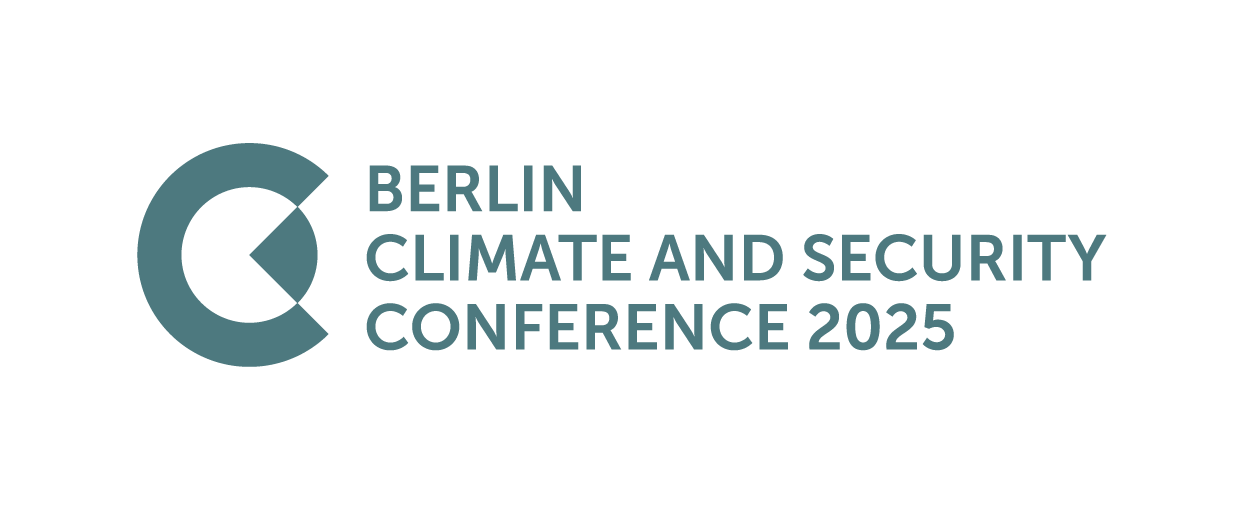
Leveraging transboundary climate, environmental and land action for cooperation and peace
When: 8 October 2024 | 15:30-16:40
Format: Roundtable discussion
Venue: Breakout room 1 (Willy-Brandt-Saal)
Hosted by: United Nations Convention to Combat Desertification (UNCCD), Organization for Security and Co-operation in Europe (OSCE) and Weathering Risk
The impacts of climate change and environmental degradation put pressure on land and marine resources and when combined with other socio-economic and political factors, can exacerbate competition and conflict within and between countries and communities. At the same time, prolonged conflict is a major cause of degradation of natural resources and the ecosystem services they provide, and can directly and indirectly undermine the resilience of communities to climate-related disasters such as extreme heat, droughts and floods. To respond to these trends, international security organisations like the OSCE have been paying growing attention to climate and environmental impacts in their mandate and missions. Similarly, environmental organisations like the UNCCD are incorporating more conflict-sensitivity into their land and ecosystem restoration work.
Evidence also shows that climate and environmental action offer entry points to foster cooperation, trust, relationships and social cohesion, contributing to conflict prevention, resolution and peacebuilding. Sustainable land management, for example, is a powerful way to protect people from the loss and damage caused by land degradation and climate impact, and to provide opportunities for cooperation between conflicting parties. In the last decade, there has been a growing body of integrated climate, peace and security programming largely spearheaded by security, peacebuilding, as well as climate and environmental organisations, offering insights into how climate and environmental action can actively foster cooperation and peace by leveraging the right conditions and processes.
Despite progress, evidence of what approaches best work to this end, and why, is still missing, in particularly in transboundary contexts, leading to a lack of regional integrated programming and funding. Drawing on examples from the OSCE, UNCCD and Weathering Risk Peace Pillar, this session aims to bridge this gap through providing a platform for exchanging experiences and lessons learned towards identifying key factors for interventions to simultaneously build climate resilience, environmental protection, peace and sustainable development across regions.
Kindly note that this session will take place under Chatham House rules and will not be livestreamed.
Speakers:
- Dr. Elton Qendro, National Programme Officer, Organization for Security and Co-operation in Europe (OSCE) Presence in Albania
- Utchang Kang, Programme Manager, United Nations Convention to Combat Desertification (UNCCD)
- Dr. Sreejith Sugunan, Project Lead, Centre for Humanitarian Dialogue
- Dr. Beatrice Mosello, Senior Advisor, adelphi
Moderated by Alina Viehoff, Consultant, adelphi
Return to BCSC 2024's agenda
